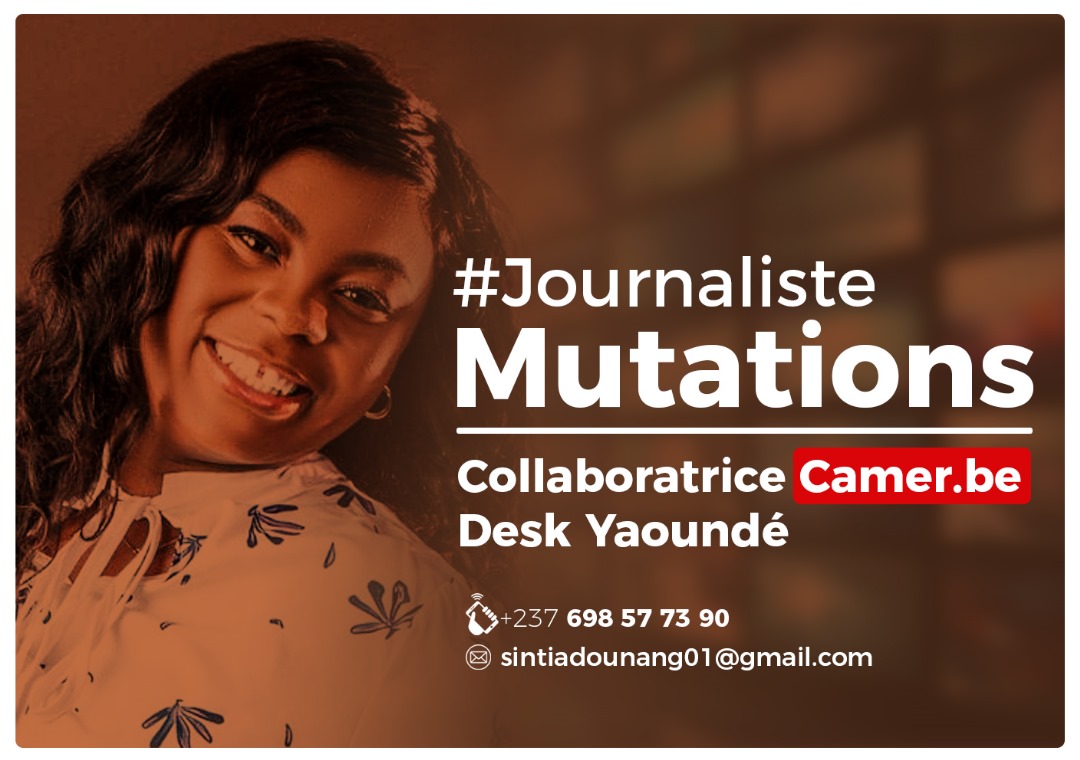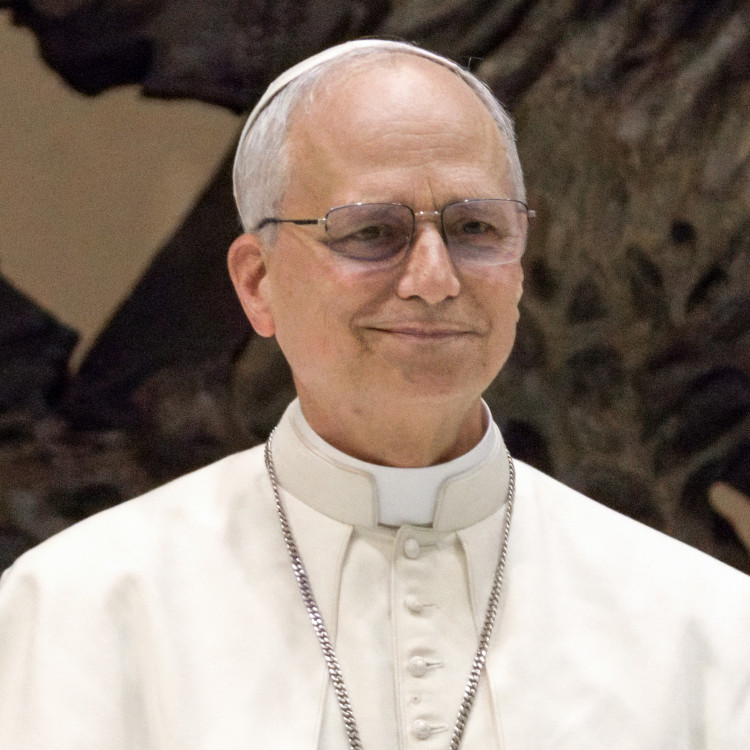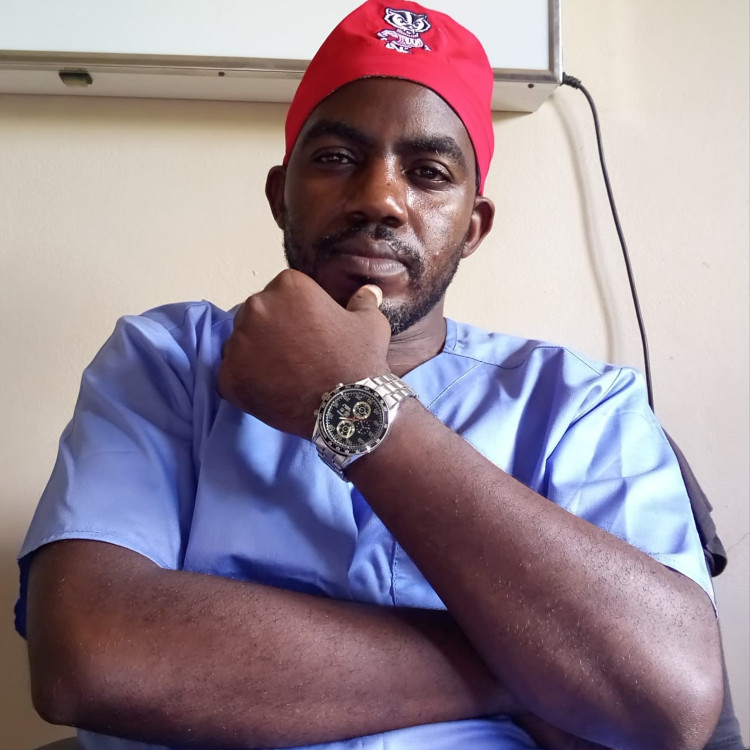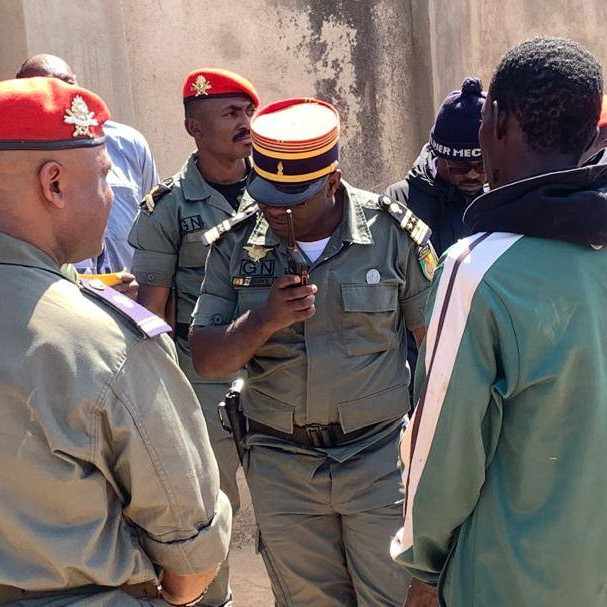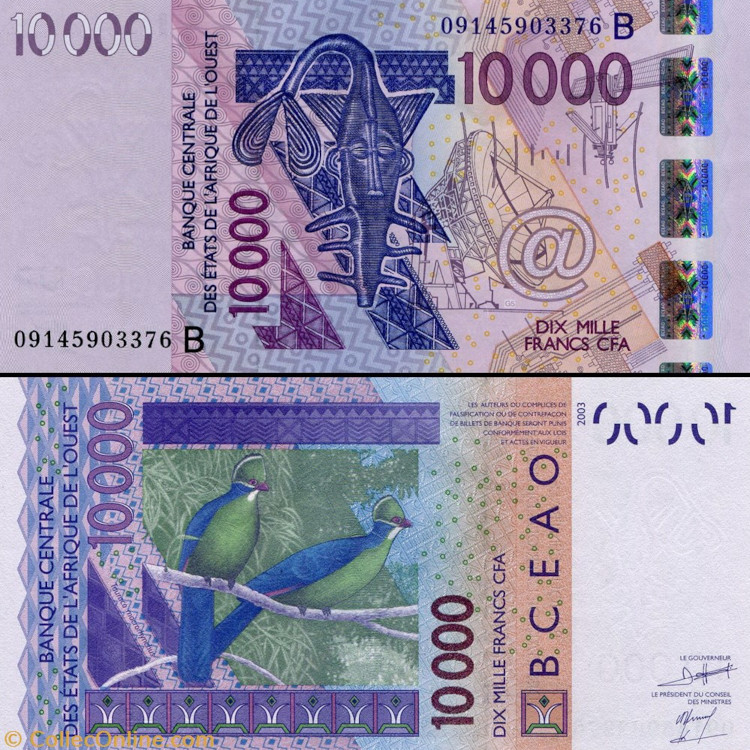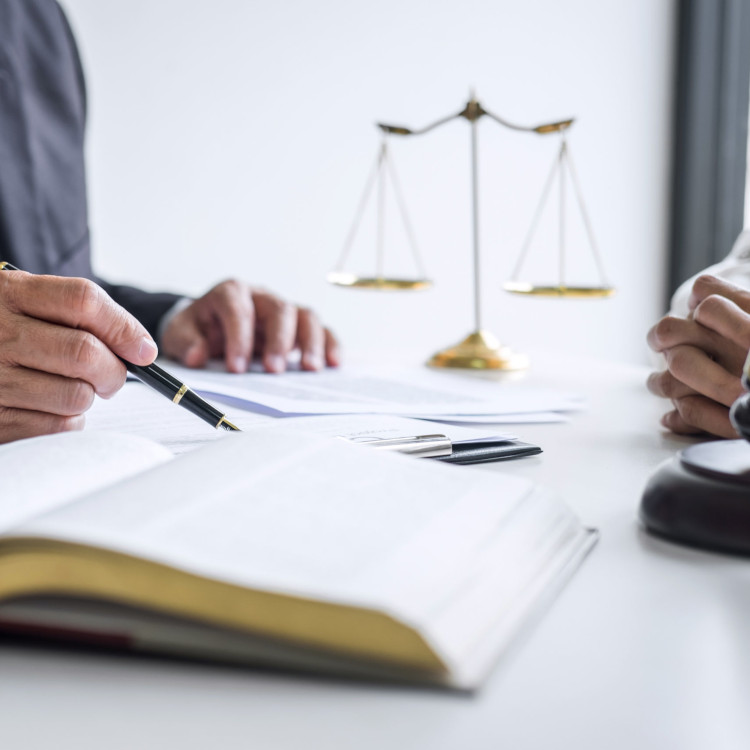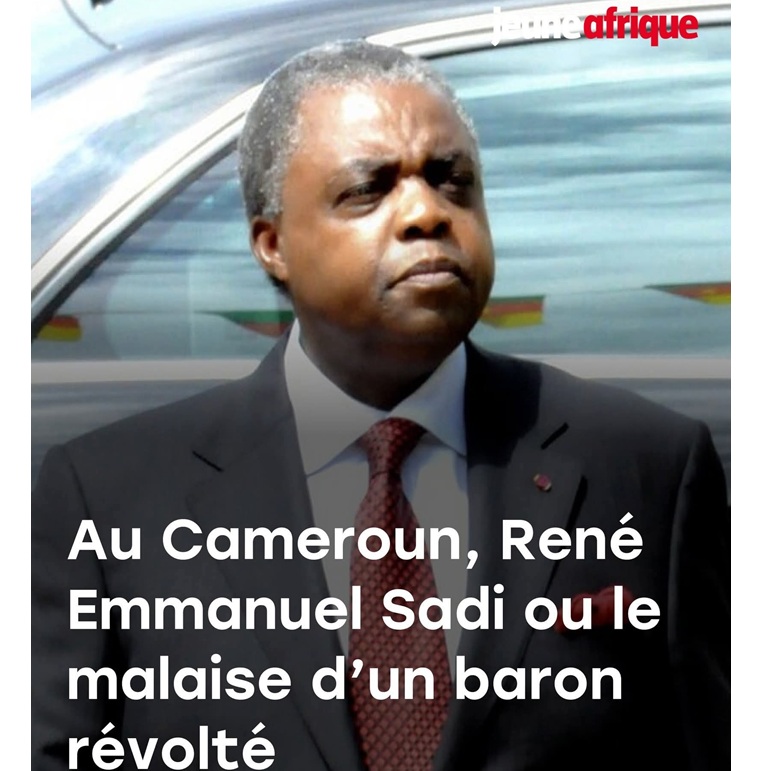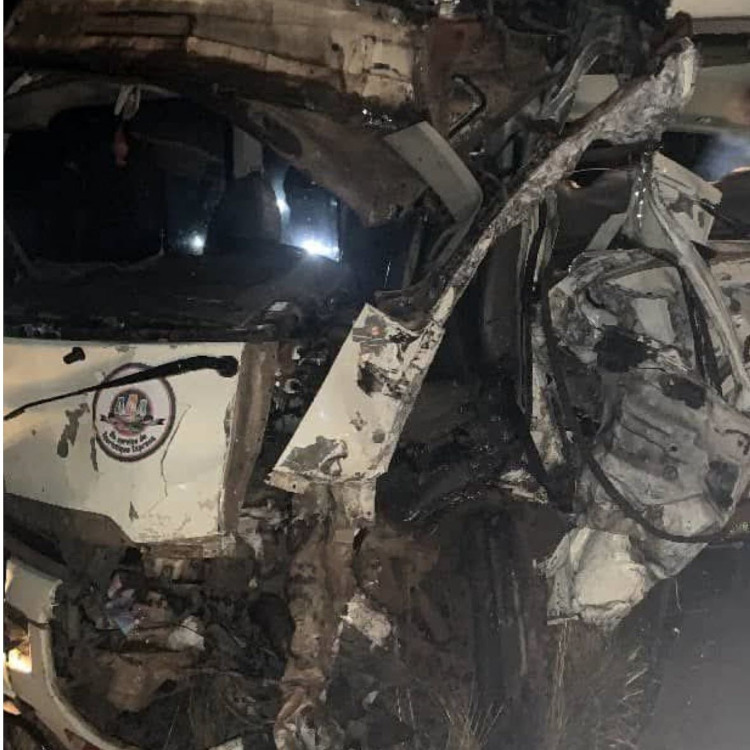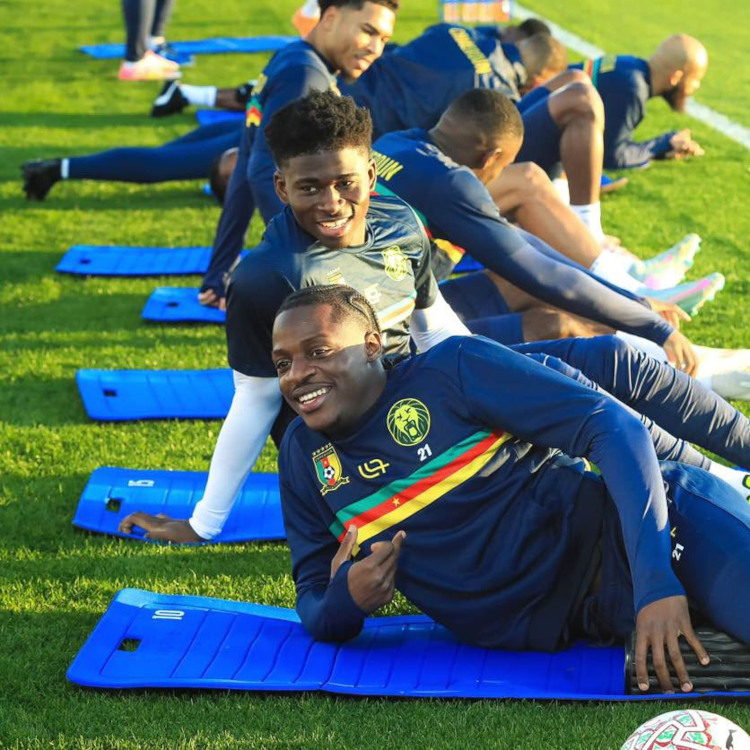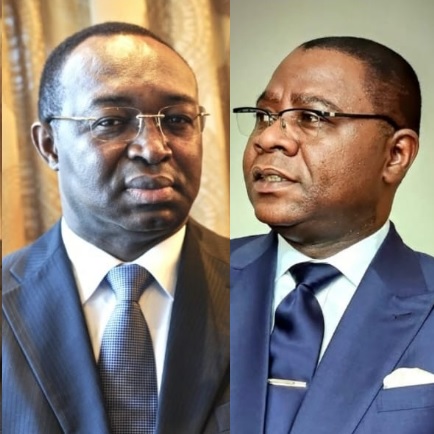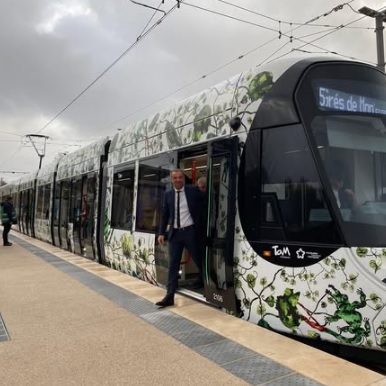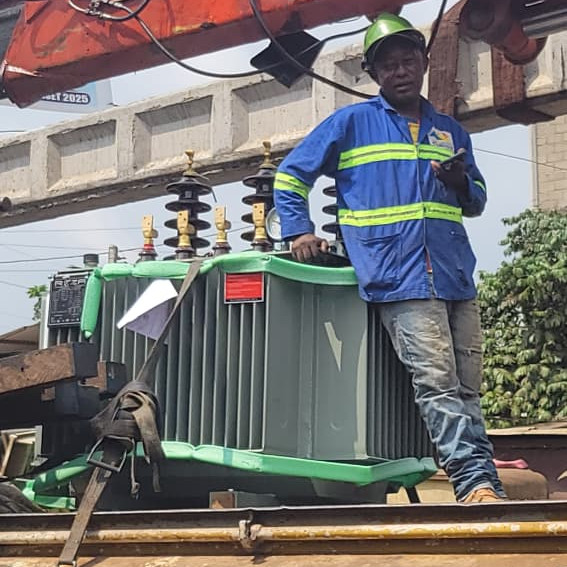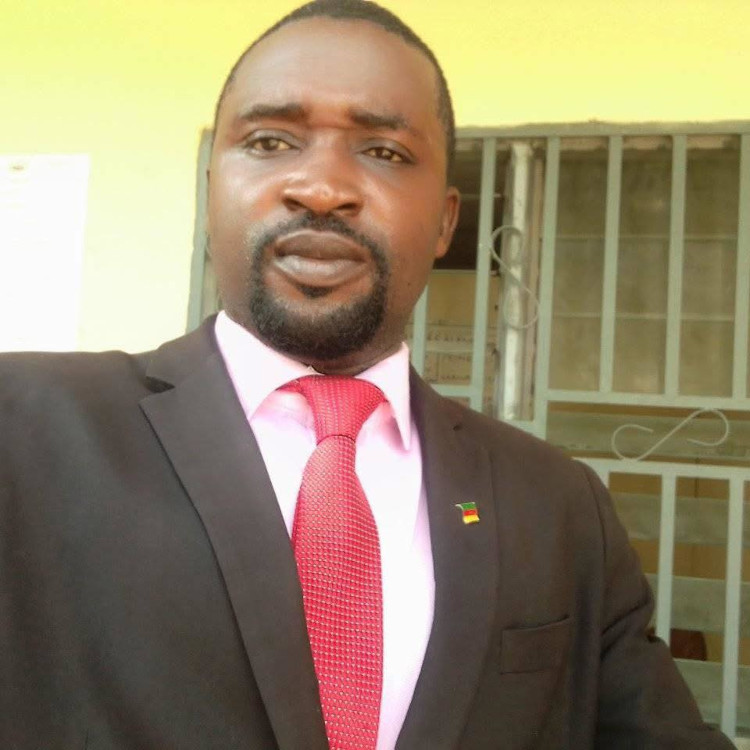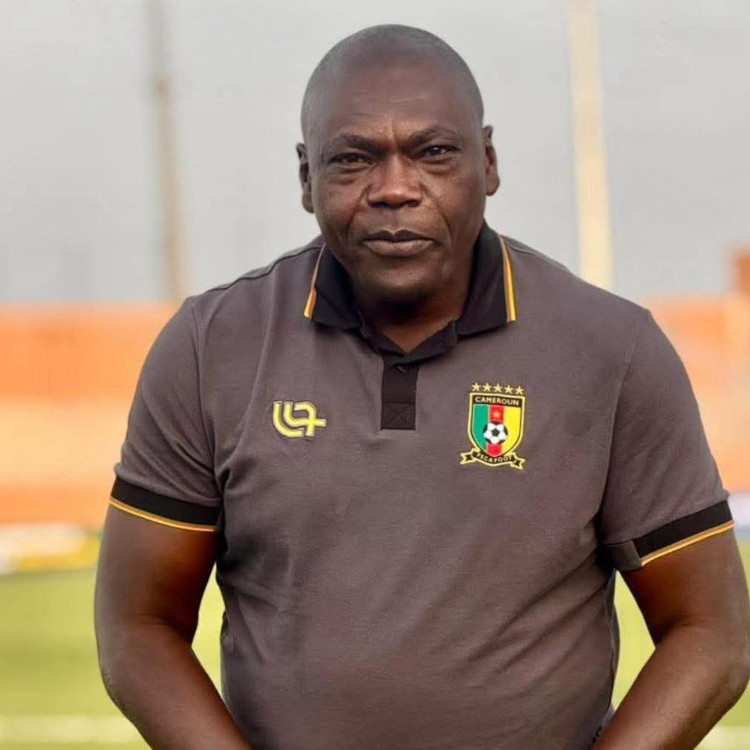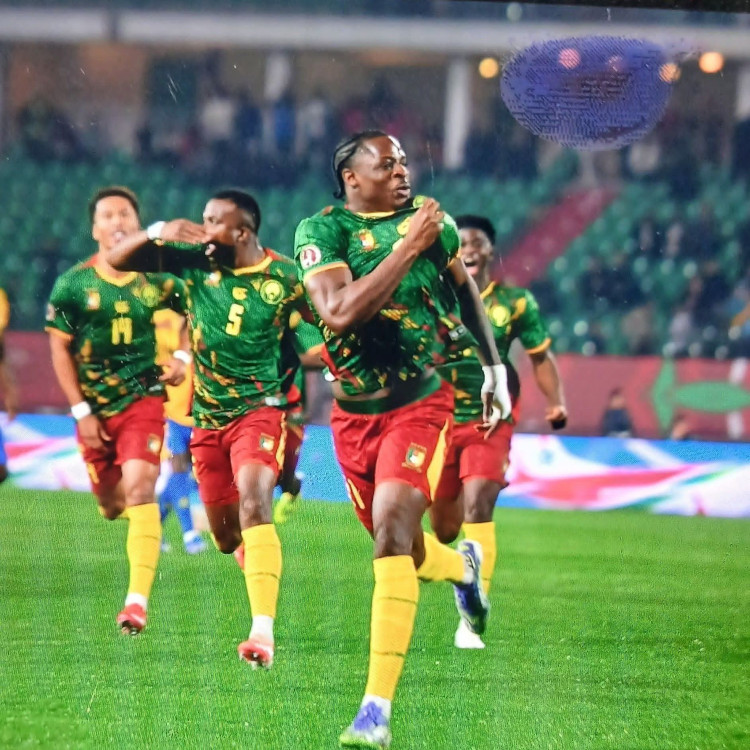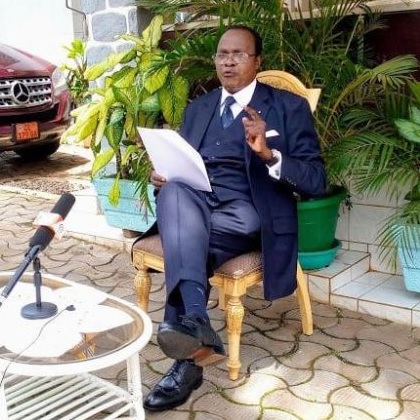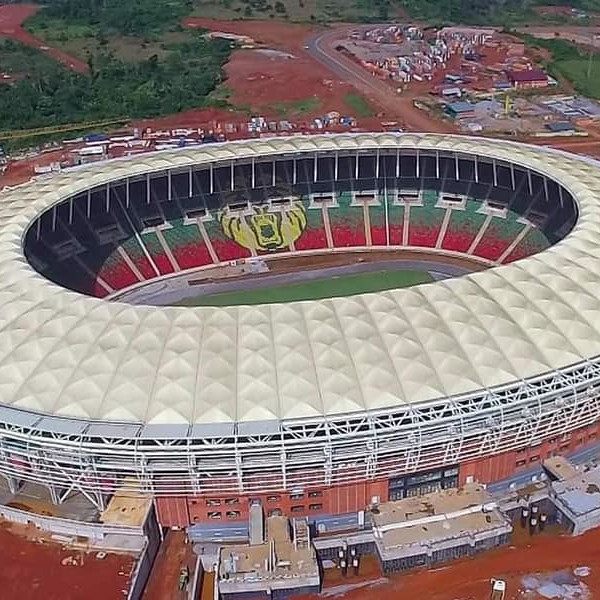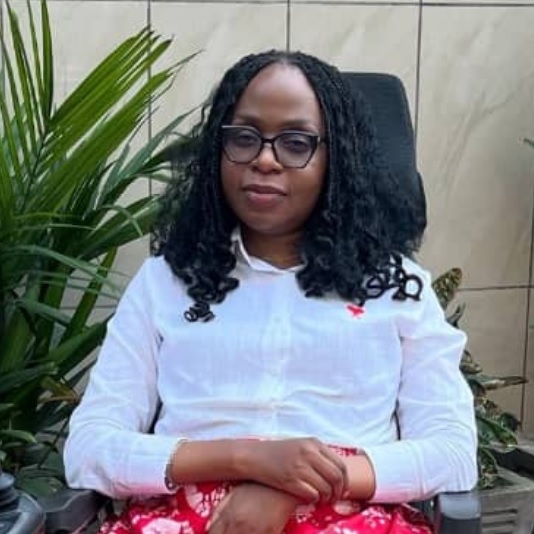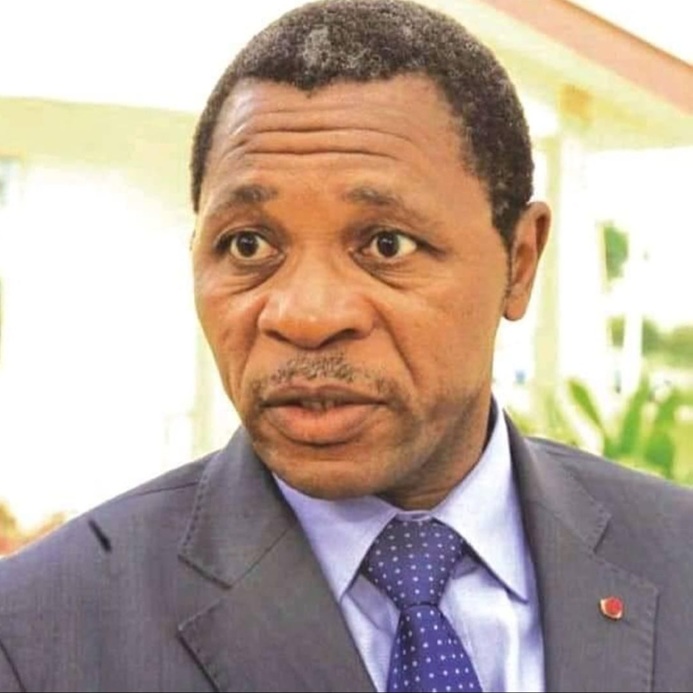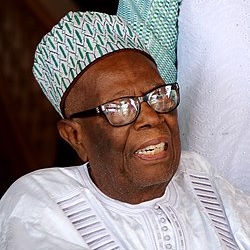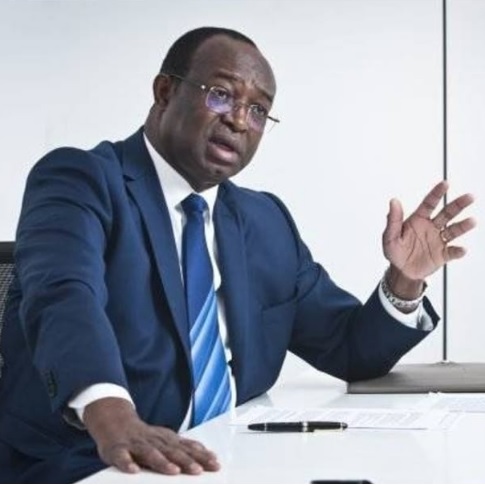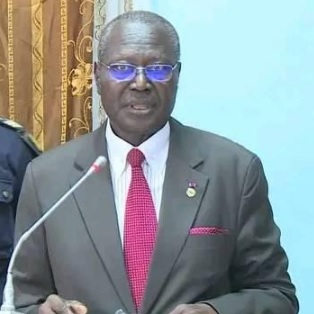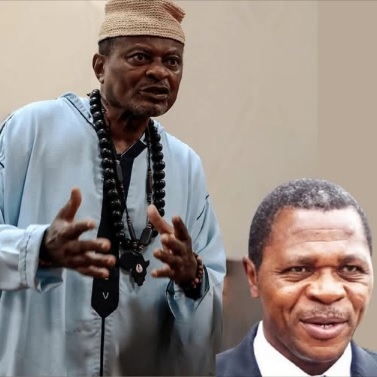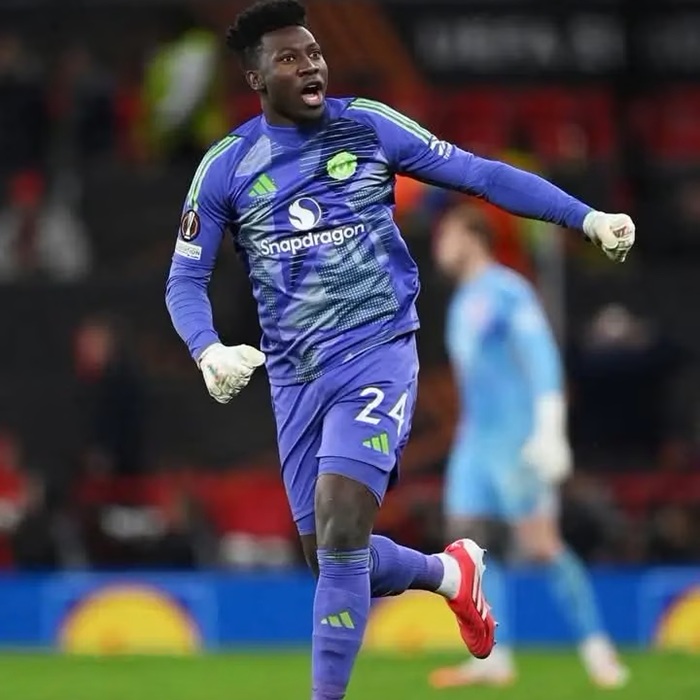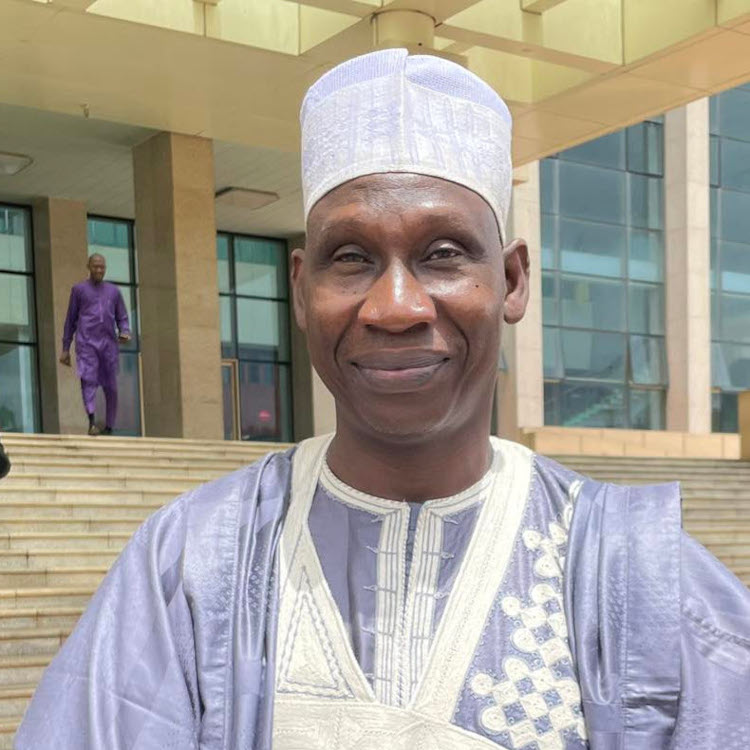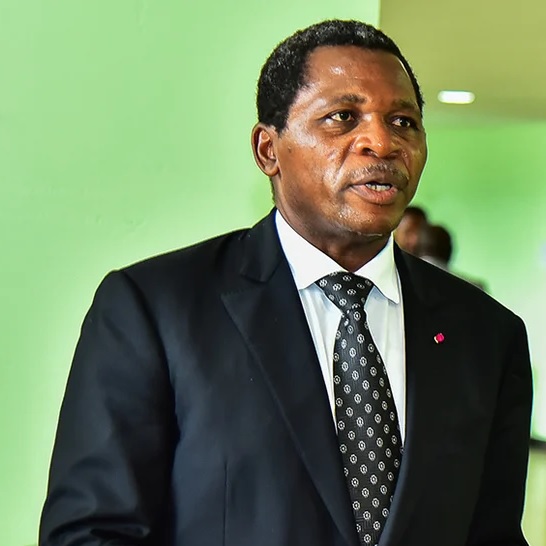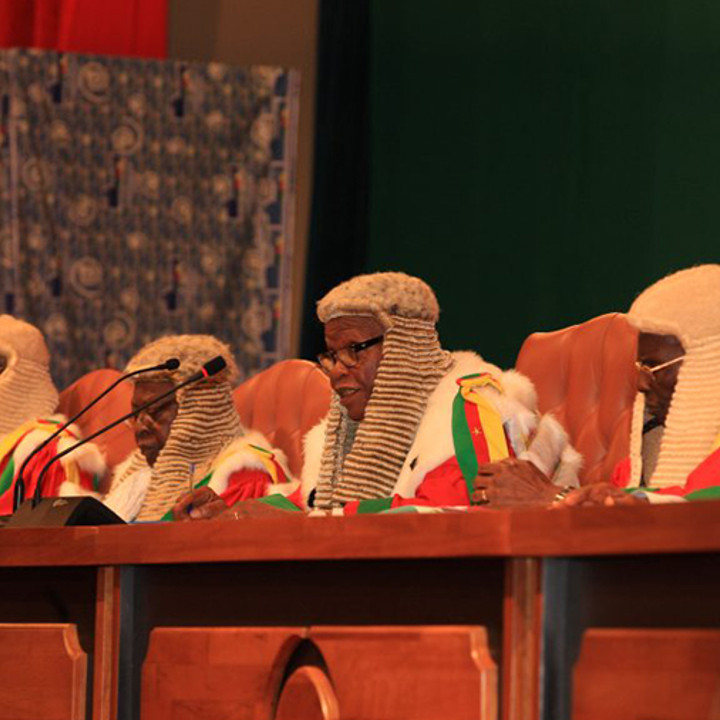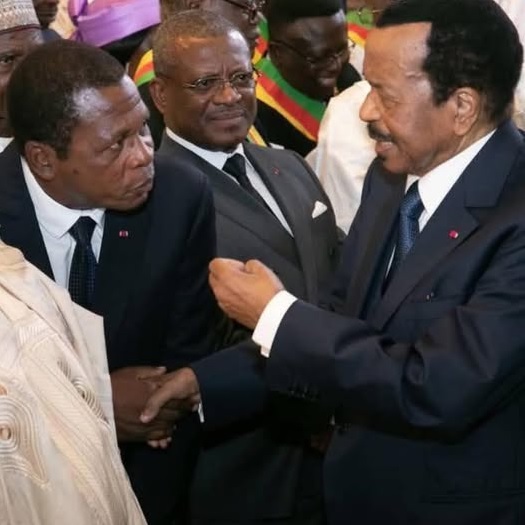

-
© Contribution Of : Ekinneh Agbaw-Ebai
- 15 Dec 2016 12:10:53
- |
- 6979
- |
CAMEROUN :: Cameroon: The Anglophone Problem and a Nation’s Embarrassment
The odious scenes of police brutality captured on social media, were pathetic, disgraceful and reinforces Cameroon’s image as a country with highly dysfunctional institutions where bizarre things can happen.
No other event lately, perhaps, dramatizes the growing contradictions of Cameroon better than the brigandage witnessed on the streets of Buea and Bamenda with its trail of violence in which lawyers, teachers, university students and innocent civilians were beaten, arrested, tortured, raped and detained by rampaging soldiers acting on “orders from above.” The brutality deployed against Anglophones for exercising their constitutionally guaranteed rights to free speech and peaceful assembly is simply mind-boggling, inexcusable and stand condemned in all ramifications. In the judgment of an average sense of decency, the crude police assault is a moral weakness of asinine proportion that calls into question, the real character of the nation’s leadership. The lawlessness by security forces was an insult to democracy and constitutional rectitude that neither edifies the country, nor the President, on whose desk, the buck stops. Cameroonians deserve full explanation for this unbelievable shame.
To the utter embarrassment of the nation, the images of police brutality which went viral on social media were pathetic, disgraceful and devoid of any perfunctory exaggeration. By any streak of the imagination, this cowardly and barbaric fury towards life, liberty and civility, is one of the most odious image-battering events that only reinforces Cameroon’s international image as a country with highly dysfunctional institutions where bizarre things can happen. Cameroonian leaders at all levels must be hiding their heads in shame. Certainly Anglophones must be allowed to examine the basis of their co-existence. To deny them this right for fear that they may disagree to live together is like building on a shaky foundation.
After many false starts, dashed hopes, and perennially low expectation, Cameroon needs a change of direction and Anglophones want to reset the agenda. Government apologists denouncing the ongoing protests as a rally of miscreants must realize that the use of overwhelming force is a very risky strategy that could backfire and, in the worst case scenario, crystallize into the formation of armed groups in legitimate self-defense of Anglophones. Once that line is crossed, the clamors for secession will only grow louder. History is dotted with too many such examples and Cameroon cannot afford to go down this route. The government claims without any evidence that the protests are the handiwork of unseen “foreign hands” and refuse to acknowledge that the motivations for the protests rest on the skewed nature of Cameroon as a country. For many years, Francophone-led governments from Ahidjo to Paul Biya have maintained a portentous imbalance and inequitable structure that marginalizes Anglophones and disfavours meritocracy. They have glossed over the continuous discrimination of Anglophones in a progressive fashion to a point of assimilation. And by so doing they have foisted a forced unanimity.
With the groundswell of protests, the unity of Cameroon, for want of a suitable metaphor, seems to be held at gunpoint. Obviously, these protests point to issues that have not been resolved. Unfortunately, the government response has been violence and provocative belligerence, instead of finding a midway for which the nation’s diversity can be respected, and a sense of belonging maintained without making anyone feel any loss of their identity. The government must cease and desist from perpetrating acts of violence against Anglophones as this risk enthroning instability that could dismember the country.
Notwithstanding, it is simplistic to view the demonstrations as an event orchestrated by disgruntled elements reliving an inglorious reverie from some botched re-unification experiment because the deeper import of the protests transcend the Anglophone agenda. Protest is a living philosophy of justice that appears wherever and whenever oppression, impunity, injustice and structural violence rear their heads. In a democracy, the people alone matter; peaceful protests is an integral part of democracy; people should air their views, however jaundiced. What is going on is symbolic of the discontent experienced by many ethno-political interests for whom the Cameroon question remains unanswered.
That Cameroon as a nation is living a lie or its rulers are living in denial is not in doubt. It wants to be a prosperous and politically stable country, yet it is holding down this potential for prosperity and stability by maintaining a supercilious, garrisoned, centralized government, whilst paying lip service to regional decentralization. Nothing is working in the country and the bond that binds the ethnic nationalities appears tenuous, if not snapping, fundamentally threatening the unity of the country. The unity in diversity hitherto advertised as “Africa in miniature” has been supplanted by diversity in unity, such that Cameroonians see themselves first in the mold of their ethnic nationality. This explains why Cameroon is politically weak and structurally fragile, giving rise to negative and frightening prognostications.
Without equivocation, all is not well with the country. For too long, successive Francophone-led governments have undermined the essential differences in the various interests of the Cameroonian people; and so unresolved matters about the aspirations of Cameroon’s heterogeneous interests have become a ticking time bomb. To assume that these do not exist, or to gloss over them is to play the ostrich like Fame Ndongo stuck in clannish grand-standing; wearing the garb of an ethnic jingoist and pontificating about a united Cameroon. The truth of the matter is that the current structure of Cameroon today, holds down the levers of development in the country, stunts its growth, truncates its progress and actually threatens its unity. The present political structure with its insensitive centripetal exertions provides vents for sundry injustices in the polity that must be corrected to liberate the nation’s full potentials.
For the avoidance of doubt, Anglophones have a right to determine whether the political configuration of the country as it stands today should remain as it is in form and in character; whether the structures of the existing order, are suitable for the nation’s complexities as a bilingual, multi-ethnic and multi-religious nation. Cameroon is a great country waiting to happen and needs men and women who would make sacrifices for her greatness. It is indeed unfortunate that Francophone political leaders seem to wittingly or unwittingly consider Anglophones as “enemies in the house” rather than as Cameroonians with a different vision of how the country can be run. The Francophone political class needs to learn and understand that leadership is not about ethnic domination or selfish power equation; it is rather a disposition of moral strength and sacrifice to act in the public interest. Rather than exacerbate tension and heat the polity unnecessarily, the government should find answers to the thorny issues that created this monstrosity in the first place.
The ongoing violence does little credit to the image of Cameroon’s democracy. The depth of suspicion and ill feeling towards Anglophones is unhealthy for a nation in distress. Too much pain has been inflicted and certain pertinent points need to be made. One is that Anglophones have been treated as “beasts of no nation” in a way that is provocative and vexatious. Besides, if the government thinks brute force is the appropriate response to legitimate Anglophone grievances; that is a huge mistake as history beckons with lessons. Anglophones may have borne the provocation with admirable equanimity, but let the government be under no illusions: Anglophones have been mightily insulted and never again should it happen. The discrimination and marginalization of Anglophones has had its day and must now end in the interest of peace and stability. In the meantime, the government should spare Cameroonians the noise and let Anglophone voices be heard as they cry in agony for better governance.
* * Ekinneh Agbaw-Ebai is a public intellectual and graduate of Harvard University John F. Kennedy School of Government where he was Managing Editor of the Harvard Journal of African-American Public Policy. A former Research Analyst for Central Africa with Freedom House, he is a consultant and lives in Boston, Massachusetts, USA. Talk back at ekinneh@yahoo.com.
Pour plus d'informations sur l'actualité, abonnez vous sur : notre chaîne WhatsApp
Lire aussi dans la rubrique POINT DE VUE
Les + récents
Paul Atanga Nji défend le bilan de Paul Biya et menace les critiques
Paul Biya et le Pape Léon XIV : une visite historique pour la diplomatie du Cameroun
Injustice,Ludovie Daga s'exprime depuis la prison:"MÉMORANDUM DE DÉTENTION : Le cri de liberté
Dr Ignatius Essene : un neurochirurgien camerounais primé au niveau mondial à Dubaï
Horreur à Ngaoundéré : un fils avoue le meurtre sauvage de sa mère à Baladji II
POINT DE VUE :: les + lus





Cameroun,33 ans de pouvoir: Les 33 péchés de Paul Biya
- 10 November 2015
- /
- 105991
LE DéBAT




Afrique : Quel droit à l'image pour les défunts au Cameroun ?
- 17 December 2017
- /
- 220548

Vidéo de la semaine
évènement
